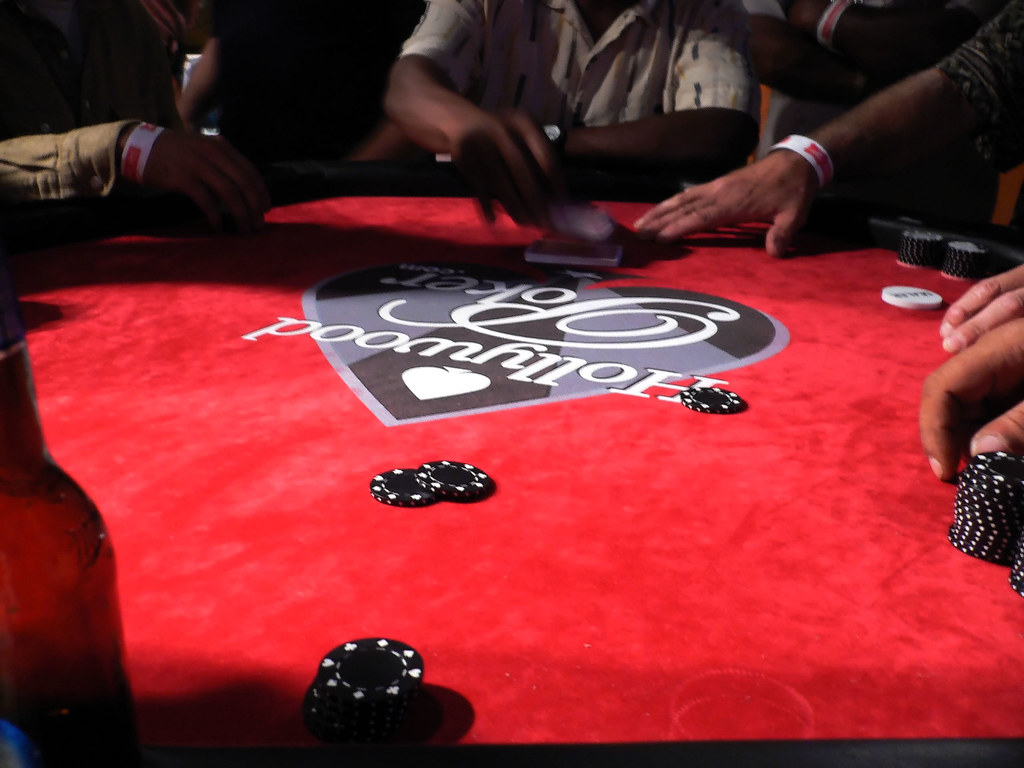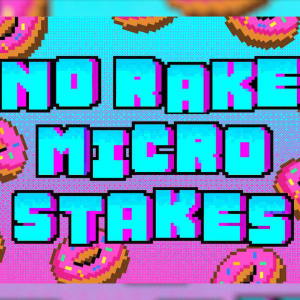
Irrespective of your poker skill level, or which strategies you incorporate into your game, it’s possible to find a real money poker tournament that will be a perfect fit. The modern poker tournament landscape is for players of all levels, you don’t just have to be a high roller or online poker champ in order to compete in local, national or international level live games.
If you’re new to the discipline of poker or you're just making the transition from online to offline, you’re probably wondering how to get started with tournament games. In this article, we’ll take a look at a number of things you should keep in mind when selecting tournaments and events to play at, so that you can find the perfect poker event for you both now and in the future.
What type of player are you?
The first step for finding your perfect poker tournament is to figure out what type of player are you. Are you an amateur, a cash game expert or a tournament enthusiast (you can be at beginner level in all three categories)?
Amateur players primarily play poker for fun. It doesn’t mean that they’re weak, or that they lose a lot of money, merely that they have a casual approach to the game. Cash game experts prioritize winning prize pools more than the competition, and typically spend a lot of time playing ring games online. Tournament enthusiasts, on the other hand, regularly compete in online tournaments and may even go as far as having their own tournament bankroll that is separate from their cash game.
Figure out your ideal field size
Next up, it’s time to figure out the field size. How many other players are you comfortable competing against? Dozens? Hundreds? Thousands? In short, the main reason why players compete in tournaments is to play better than less-skilled players and win more money. But you’ll find skilled players in both large and small fields. The trick is to start with what you feel comfortable with. Otherwise, you could end up losing more games in a larger tournament as well as face a super-skilled opponent in a smaller one - it's a catch-22, but it’s also part of the poker world!
Determine buy-in levels
Amateur players have it easy when it comes to figuring out buy-ins. Since they don’t have a bankroll, they should pick events based on the amount of money they are prepared to lose in proportion to skill level. So, if that’s a small field event, be prepared to say goodbye to the full buy-in. If you go in prepared for this loss, you won’t be distracted by bankroll management and can focus on simply enjoying the experience.
Poker rooms
Depending on where in the world you are based, it’s possible to be overwhelmed by the number of tournaments on offer in your local area. You may not even be certain whether there are live games in your locality. Poker rooms vary from city to city and country to country, so if you find there are no reputable rooms offering tournaments in your area you may need to travel to get your game on.
Before you hit the tournament circuit in an unfamiliar place, it’s important to do some extensive research on the poker rooms and the tournaments they offer. We’ve already equipped you with some fundamental knowledge about the type of game you’ll want to start with, so look for casinos and poker rooms that have such games on their schedule. The Encore at Wynn Las Vegas, for example, is widely considered to be one of the best poker rooms in the world due to its varied tournament schedule, but it usually attracts advanced-level players.

Establish your ideal blind structure
Any tournament’s blind structure (even at amateur or beginner tourneys) is the number of chips you begin with relative to the total blinds in the tournament. The less skilled you are, the more you should focus on events that have larger chips and slow-moving blinds. Similarly, skilled players should highlight the strongest feature of their game and choose a structure that compliments that. Deep stack events are ideal for ring game players, whilst shallow stack setups offer tight gaming for those with more experience playing in tournaments.

